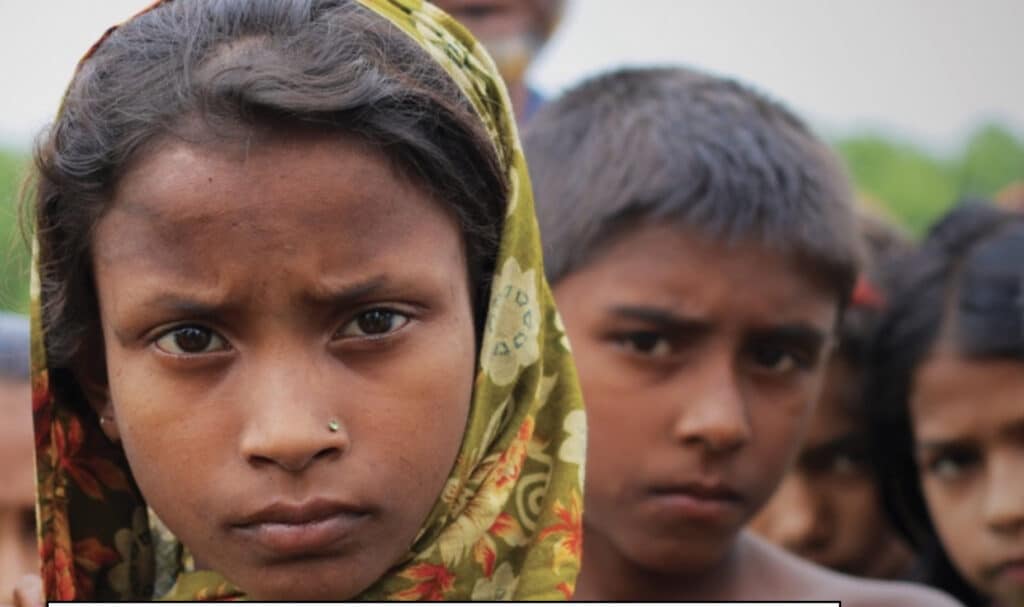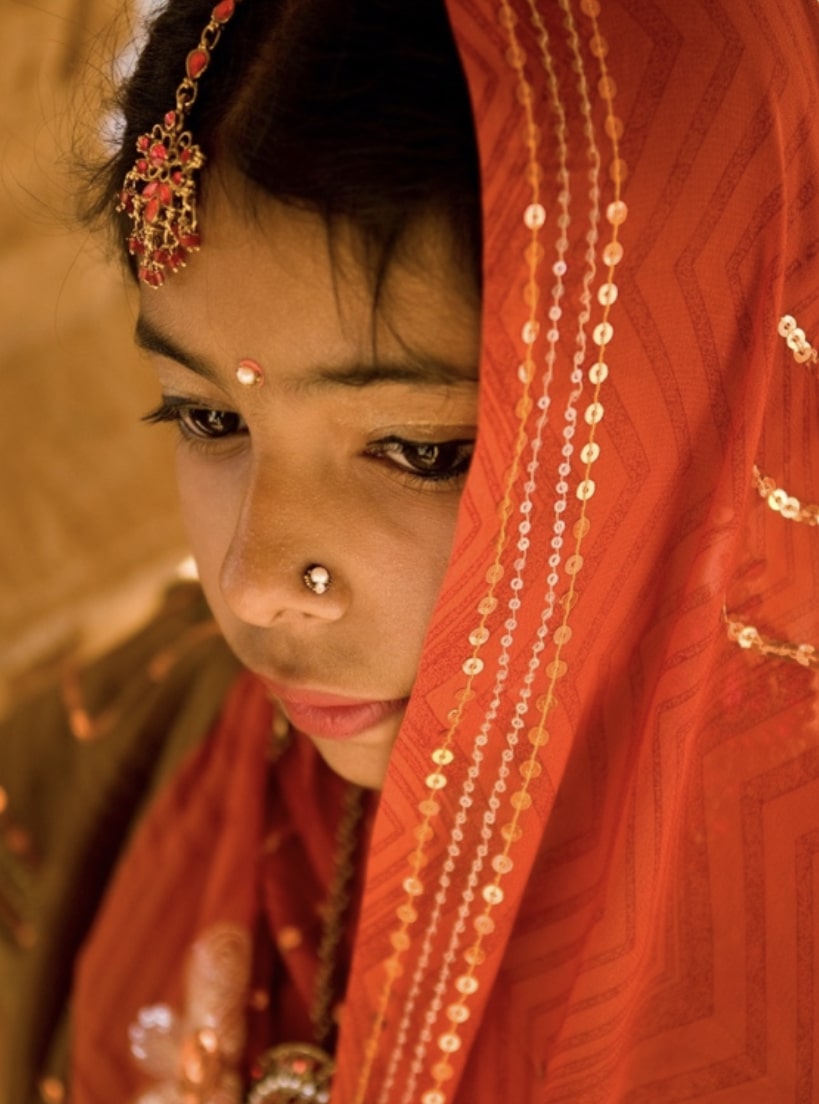By Saima Khan
The inhumane footage of the violent gang rape circulating on social media, that took place in the southern district Noakhali, Bangladesh, by a group of men filmed who filmed themselves stripping and attacking the woman, has left many in Bangladesh demanding for change. According to Aljazeera, the women was raped first by one of the perpetrators at gunpoint.

He later assaulted her several times over the year by threatening her with gang rape if she refused. She was later gang-raped by the same man and several of his acquaintances who recorded the brutal attack and blackmailed her for money or agree to be raped repeatedly, to which she refused. The men then released the footage on social media as a punishment for her non-compliance.
According to a report by Amnesty International, between January- September 2020, at least 975 cases of Rape were reported in Bangladesh, that of 208 were gang-raped. However, it is important to remember that these figures do not reflect the number of violent sexual attacks that are not reported. This leaves me with the question, why is rape so prevalent in Bangladesh? And, why is there still a stigma in society against rape survivors?
Bangladesh is a majority Muslim population country, that holds traditional south Asian norms and values. Therefore, many rape survivors fear shaming their families ‘izzat’ (honour). The conventional traditions embedded within Asian society’s around a women’s chastity and purity has led to societal tolerance of sexually violent behaviour towards women. This toxic attitude within Bangladesh has led many people within society to rebel against the conventions and protest to incite change.
Over the past several week’s mass protests has taken place in the Bangladesh capital, Dhaka. The Bangladesh government has since proposed legislation mandating capital punishment for rapist rather than life-long imprisonment. Yet, will introducing capital punishment for rapist truly resolve the pressing issue at hand, or is it a short-term and ill-judged solution to a deeply rooted disease within society?












